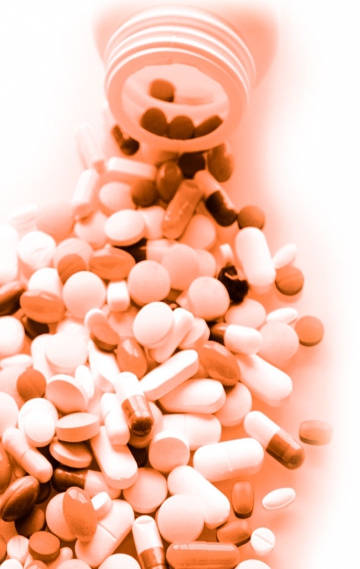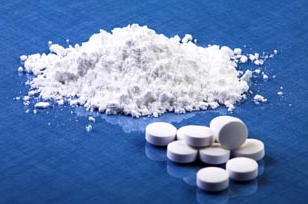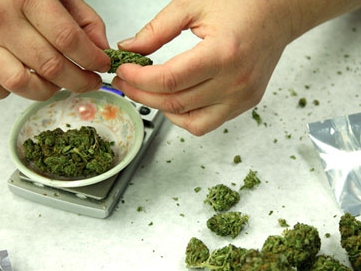There are many temptations in the life of modern man. Among them, socially dangerous ailments such as alcoholism and drug addiction are identified as a separate category. The danger of using ethyl alcohol and / or narcotic substances is that a person develops a physical form of dependence rather quickly. In other words, they are embedded in the normal metabolism reaction in the body. And further, alcohol and drug addiction can no longer do without periodically administering these substances in exactly the same way as they cannot but breathe.
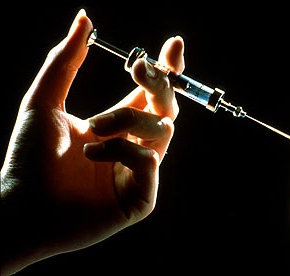
The task of the drug treatment service is to provide assistance in various ways to people who have decided to finally say goodbye to these addictions. Along with medical, psychotherapeutic and rehabilitation treatment, psychological and social rehabilitation is carried out. And registration in a narcological dispensary serves as a kind of factor to deter the patient from possible disruptions.
Types of narcological registration and reasons for formulation
For the first time, having crossed the threshold of a narcological dispensary, practically any of his patients asks the question: “How to deregister from a narcologist?” This is due to the fact that the narcological registration, in addition to benefit, implies a number of social restrictions for the addict. In answering this question, one should proceed from the type of accounting. There are two varieties in total.
Persons who turn to a narcologist for the first time who have abused alcohol and / or once used a drug fall into the category of those who need preventive monitoring. These people, as a rule, are adolescents, whom their worried parents brought to see a doctor. Preventive observation is reduced to a monthly visit to the dispensary with monitoring tests for the decay products of alcohol and / or drugs. The doctor conducts preventive interviews with the patient and his relatives. The observation duration is one year.
The situation is different with citizens who already have a diagnosis of alcoholism and / or drug addiction. In this case, the observation lasts three years for alcoholics and five years for drug addicts. Registered patients visit the dispensary once a month. They undergo a medical examination in the form of tests and examinations by a narcologist and receive all the necessary therapy. After a year of absolute sobriety, a transition to a more rare schedule of visits to the dispensary is possible.
Factors that lengthen accounting periods
Any observation period is automatically reset to zero when it is discovered that the patient has consumed alcohol and / or drugs. An increase in the accounting period can also be affected by the patient’s refusal of the prescribed treatment, lack of socialization and late appearance without a good reason. Depending on the severity of the violation, the medical commission makes a decision to extend the terms of the account.
What helps shorten the accounting period
Fulfillment of all medical recommendations and appointments, good socialization of the observed in the form of restoration of relations in the family, working status, psychoemotional state are the conditions that you need to follow if you are interested in the question of how to deregister from a narcologist earlier. Close relatives can confirm socialization when talking with a doctor, as well as characteristics from the place of work, from the neighbors and the inner circle of the patient. But the main thing is the period of absolute sobriety in one year.
Social restrictions during accounting
Regardless of whether the preventive registration or dispensary, patients who visit the narcologist every month, are not entitled to any type of activity where a certificate from the drug dispensary about the absence of a state in it is required.The medical commission asks for such a certificate when applying for a job or study, if professional activity is associated with increased attention, high coordination of movements and work with mechanisms. Also, such a certificate will not be signed by a narcologist to undergo a medical commission to obtain a driver’s license, weapons permit and certificates of security agencies.
Social restrictions after deregistration
At the end of the observation period, subject to all conditions and the absence of disruptions, which is confirmed by a medical examination, the patient of the drug dispensary is deregistered. But such a person will never receive a license to acquire weapons. There will be restrictions on a number of professions. And the categories of a driver's license for the right to manage public and heavy vehicles are closed.
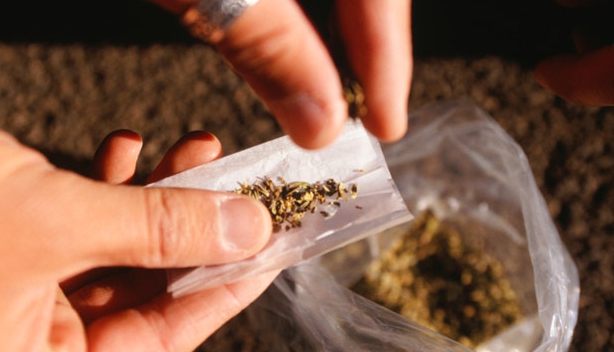
The flip side of drug treatment
It is unlikely that the employer will attract the recognition of a potential employee: "I am registered with a narcologist." Thus, people who are undergoing rehabilitation are denied the opportunity to get a good job with decent pay. This, in turn, can lead to difficulties in family relationships and so on. Therefore, those who decided to “tie up” once and for all are looking for all kinds of ways of how to deregister with the narcologist with the least losses for themselves. This category of patients is not morally and socially degraded individuals.
Nevertheless, in the early stages of rehabilitation - up to a year or two, due to the physical mechanism of the development of addiction to alcohol and / or drugs, dispensary registration is very useful. In addition to the containment factor, it implies a wide range of medical and social services provided free of charge. Therefore, before taking off the register with the narcologist after a year of impeccable behavior, the dependent person should think about whether he can resist the craving on his own, based on the recommendations of the doctor and his own willpower.
